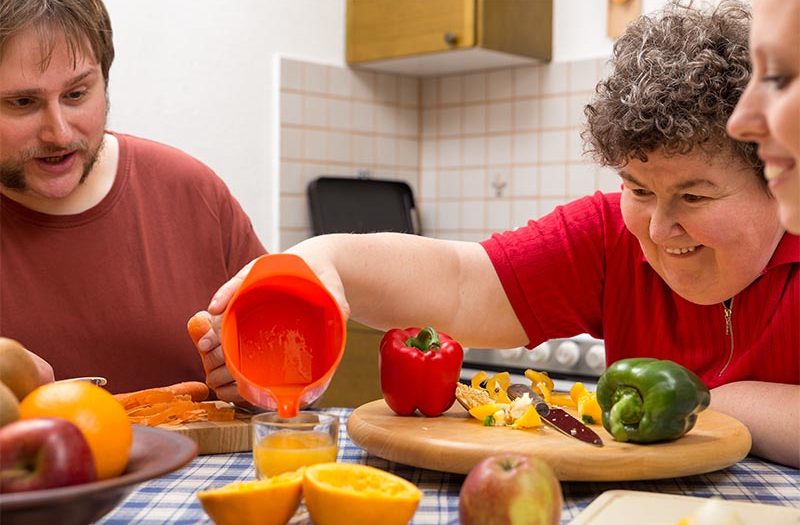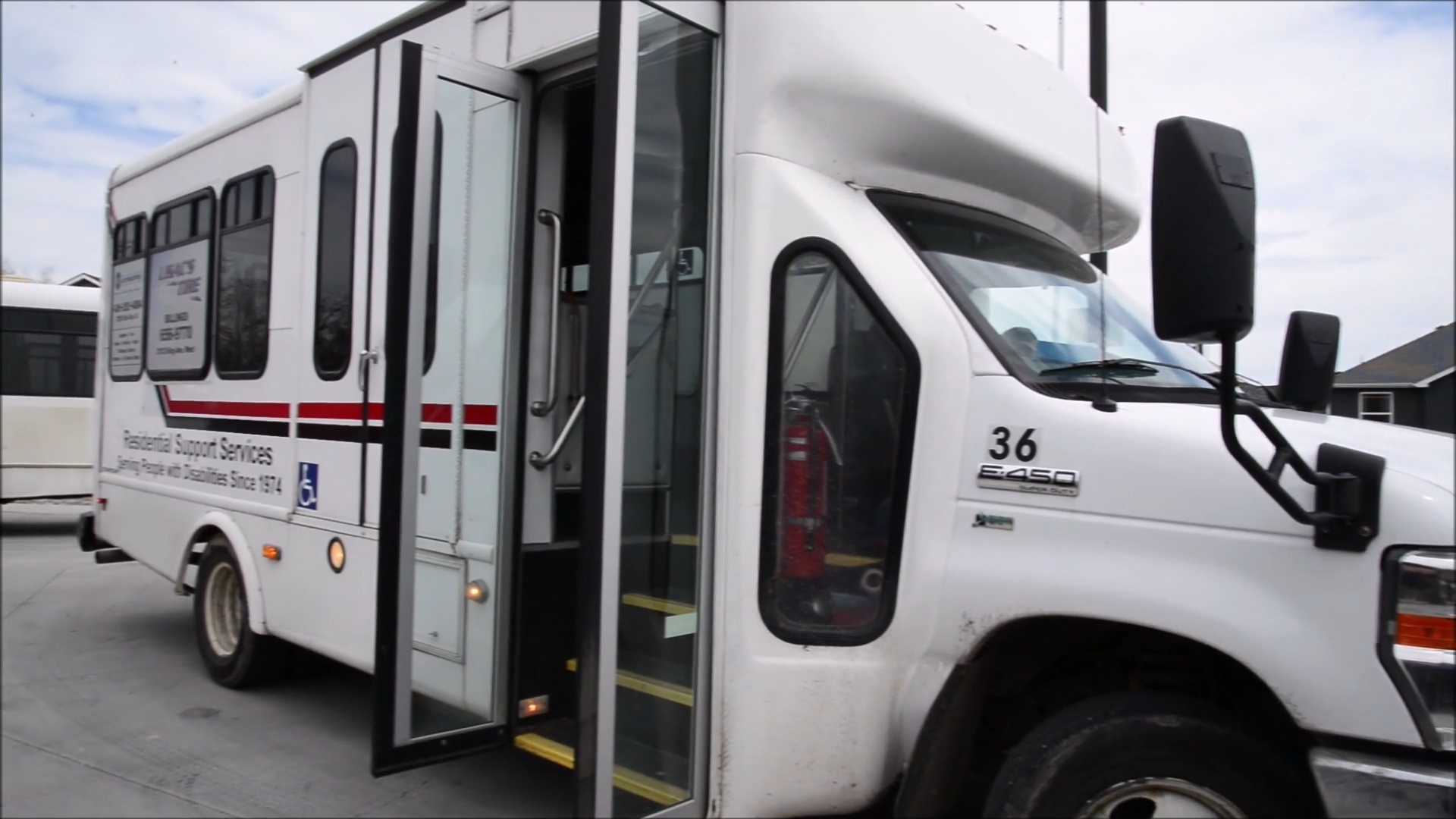Creating inclusive and supportive communities for adults with developmental disabilities is of paramount importance to ensure their successful integration and participation in various aspects of community life. Building such communities not only enhances the quality of life for individuals with developmental disabilities but also cultivates an atmosphere of understanding, empathy, and social cohesion. In this blog post, we will delve into the significance of inclusive communities, explore various strategies to foster inclusion, discuss the role of local organizations and community members in promoting accessibility, and highlight Residential Support Services Montana (Residential Support Services) and its commitment to helping its residents become more independent within their communities.
Inclusive communities provide numerous benefits for adults with developmental disabilities, including increased social connections, improved self-esteem, and an enhanced sense of belonging. By creating environments that promote accessibility and understanding, individuals with developmental disabilities can attain higher levels of personal growth and independence.
Building inclusive communities requires concerted efforts from all community stakeholders, including local organizations, businesses, and community members. By working together, these stakeholders can implement various strategies and initiatives that address the unique needs of individuals with developmental disabilities, making it possible for them to engage in the same opportunities as their non-disabled peers.
Local organizations and community members play a crucial role in fostering inclusive communities, as they are well-positioned to bridge gaps in understanding, improve accessibility, and promote collaboration. By establishing strategic partnerships, local organizations and community members can effectively address the barriers faced by individuals with developmental disabilities and encourage greater involvement in community life.
At Residential Support Services, we firmly believe in the transformative power of inclusive communities and are dedicated to helping our residents integrate and thrive in their communities. Through concerted efforts and strategic partnerships, Residential Support Services strives to promote an inclusive, supportive, and accessible environment for its residents, thereby paving the way for increased independence and personal growth. In the subsequent sections of this blog post, we will explore various aspects of creating inclusive communities and discuss Residential Support Service’s unwavering commitment to supporting its residents in their journey toward independence and growth.
Importance of Inclusive Communities for Adults with Developmental Disabilities
An inclusive community fosters an environment in which individuals with developmental disabilities can thrive. By embracing diversity and promoting understanding, inclusive communities provide several advantages to adults with developmental disabilities, such as:
1. Enhanced Social Connections: Inclusive communities encourage social interaction for individuals with developmental disabilities, enabling them to build meaningful relationships and enjoy the same social experiences as their non-disabled peers.
2. Improved Self-Esteem: By accommodating the unique needs and challenges faced by individuals with developmental disabilities, inclusive communities help them feel valued, understood, and respected, leading to improved self-esteem and a stronger sense of belonging.
3. Increased Opportunities for Personal Growth: An inclusive environment opens doors to various opportunities for personal growth and development, be it education, employment, or recreational activities, which contribute to an enhanced quality of life.
4. Greater Independence: By making necessary accommodations and promoting accessibility, inclusive communities facilitate the path to greater independence for individuals with developmental disabilities, empowering them to lead more autonomous lives.
Strategies for Fostering Inclusion in Communities
There are several strategies and initiatives that local organizations, businesses, and community members can employ to foster inclusion and accessibility for adults with developmental disabilities. Here are some ideas to consider:
1. Raise Awareness: Educate the community about developmental disabilities, challenge myths and misconceptions, and promote understanding and empathy. Awareness campaigns, community workshops, and guest speakers can be excellent avenues for spreading knowledge.
2. Enhance Accessibility: Ensure that public spaces, businesses, and services are accessible to individuals with developmental disabilities. This may include addressing physical barriers, providing alternative communication methods, and offering individualized accommodations.
3. Offer Inclusive Programs and Activities: Create or adapt community programs and activities to be inclusive, enabling individuals with developmental disabilities to participate alongside their non-disabled peers.
4. Establish Collaboration: Encourage collaboration among different community stakeholders to coordinate efforts and share resources. Local organizations can create partnerships to maximize the impact of their inclusion initiatives.
The Role of Local Organizations and Community Members
Creating inclusive communities requires the collective effort of local organizations, businesses, and community members. Their contributions to fostering an inclusive environment include:
1. Championing Inclusion: Local organizations and community members can act as advocates and champions of inclusion, demonstrating commitment to accessibility and speaking up against any form of discrimination or exclusion faced by individuals with developmental disabilities.
2. Providing Resources and Support: Local organizations can provide resources, support, and guidance to individuals with developmental disabilities and their families, ensuring that they have the necessary tools and information to lead fulfilling lives.
3. Promoting Social Inclusion: Community members can play a key role in promoting social inclusion by actively engaging with individuals with developmental disabilities, inviting them to participate in events and activities, and encouraging genuine friendships and connections.
4. Collaborating with Other Stakeholders: Local organizations and community members can work collaboratively with government agencies, service providers, and other stakeholders to establish a network of support, ensuring that individuals with developmental disabilities have access to the services and accommodations they require.
Residential Support Service’s Commitment to Building Inclusive Communities
At Residential Support Services, we are dedicated to promoting community integration and fostering inclusive environments for our residents. We understand that inclusivity is paramount to the development and independence of individuals with developmental disabilities and are committed to providing the necessary support and resources to help them thrive within their communities.
1. Partnership with Local Businesses and Organizations: Residential Support Services works closely with local businesses and organizations to create inclusive opportunities for our residents. By collaborating with these community stakeholders, we can effectively address the barriers faced by individuals with developmental disabilities and help pave the way for greater accessibility and involvement in the community.
2. Encouraging Community Involvement: Residential Support Services supports our residents in engaging with various community activities and events, enabling them to participate fully in their communities and foster meaningful connections. In doing so, our residents can gain valuable life experiences, develop new skills, and forge lasting friendships.
3. Providing Resources and Support: In addition to practical accommodations and support, Residential Support Services also offers resources and guidance to our residents and their families to help them navigate the journey toward greater independence. Our staff is dedicated to empowering our residents to overcome their challenges and reach their full potential within the community.
Building inclusive and supportive communities for adults with developmental disabilities is vital for their personal growth, independence, and overall quality of life. By implementing strategies that promote accessibility and understanding, local organizations, businesses, and community members can collaboratively create an environment that fosters inclusion and respects the diverse needs of all individuals.
At Residential Support Services, we are deeply committed to the cause of building inclusive communities for our residents. Through our partnerships with local businesses and organizations, encouragement of community involvement, and provision of resources and support, we strive to create opportunities for our residents to integrate and thrive within their communities.
If you’d like to learn more about our approach to fostering inclusive communities or seek guidance on promoting inclusion for a loved one with developmental disabilities, please feel free to reach out to the dedicated team at Residential Support Services. Together, we can work towards nurturing a more understanding, inclusive, and accessible society in which all individuals, regardless of their abilities, can flourish. Check out our residential support services today!









